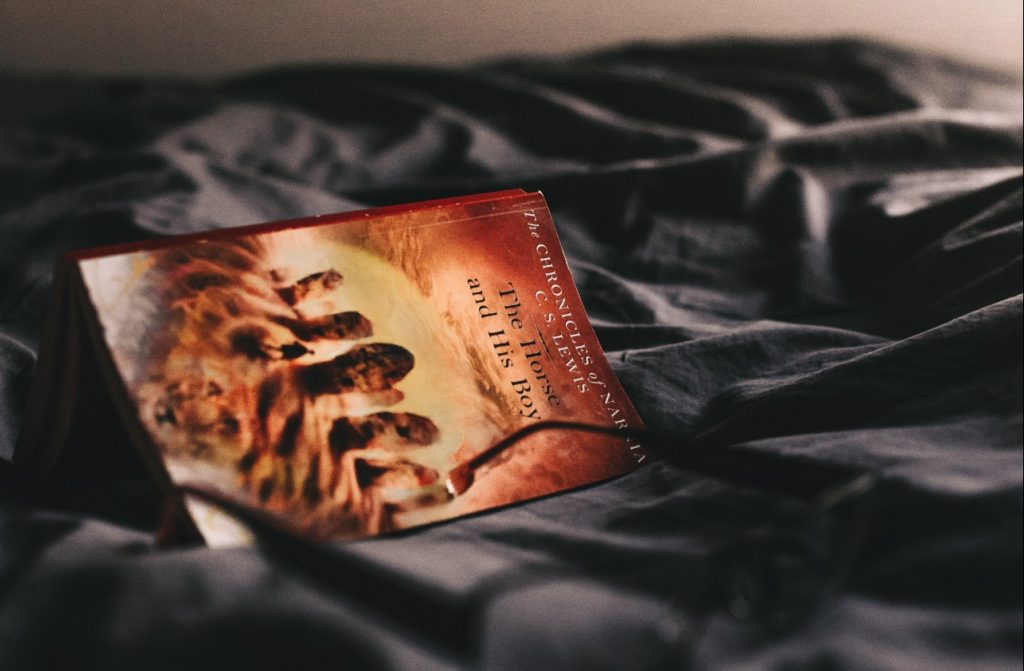I love the smell of a book – new or used. I love the sound of flipping pages, the feeling of a hardback cover smack closed, and the moments of sheer magic upon finishing a story when you look up from the page and remember that you’re not in Narnia or Hogwarts or Middle Earth — but simply sitting on the couch in your living room.
I find most books fairly interesting, but certain forms of fiction are really in my wheelhouse.
To be honest, I find fiction so superior to all other forms of writing that when someone tells me they too are an avid reader, but they read books that are littered with helpful tips on how to be happy, or be the best mother, or thrive in business — I scoff a bit.
I know that’s rude. And in my head I know fiction doesn’t trump all other genres. But in my heart, there’s no competition. Why? It may have something to do with empathy.
An intimate invitation
One of my favorite books of all time is “The Brothers Karamazov” by Fyodor Dostoevsky. The novel follows three brothers in 19th century Russia. Each character is completely different: one a Christian monk, another a smart but rather independent atheist, and the third a passionate, reckless hedonist prone to excess in wine and women.
Each brother lives his own story, and each shares sentiments and makes choices throughout the novel that you can’t help but mull over after putting the book down.
I read this book almost three years ago and the characters still stick with me. I can see a piece of myself in each one.
One of the keys to good writing is to create or write about characters that are believable and relatable. When I read about Alyosha, the monk, I understand his feelings of love and obligation to his hurting family while also wanting to spend time next to his bedridden, dying mentor.
I can relate to Dmitri when he becomes so frustrated by life’s circumstances that he takes matters into his own hands. I feel for Ivan, the atheist, who sees tragedy and cannot understand how a good God could allow such things.
Shared understanding
Reading about diverse characters with varied struggles has opened my mind to suffering and the human mind. It’s one thing to read a piece of non-fiction that explains a tough topic. It’s another thing to hear the thoughts of the person enduring such things.
Reading fiction allows us to explore the phrase, “You can’t understand someone until you’ve walked a mile in their shoes.”
While many forms of non-fiction can offer in essence the same thing, there’s something different about fiction. Authors of fiction have free rein to make characters as diverse and confusing and multifaceted as they want – matching the complexities of the human race.
Often in fiction, like in “The Brothers Karamazov,” beliefs and values are delivered more subconsciously. Overarching themes and questions aren’t always straightforward or clearly stated; they require self-evaluation and a questioning of what we hold dear.
Fiction allows the human experience to do the talking rather than simply offering a soapbox to broadcast the author’s opinion. It’s brain food. It commands us to open our eyes, and in turn doesn’t speak a sound.
Reading fiction has challenged me to think critically, to ask questions and to extend grace and mercy more and more, because if I’m being honest, I can see a great deal of myself even in the “bad guy.”
What about you? Does fiction bring you to a greater place of understanding and empathy for others? How has it changed you? What characters have stuck with you long after you closed the book?
Copyright 2018 Dani Fitzgerald Brown. All rights reserved.












